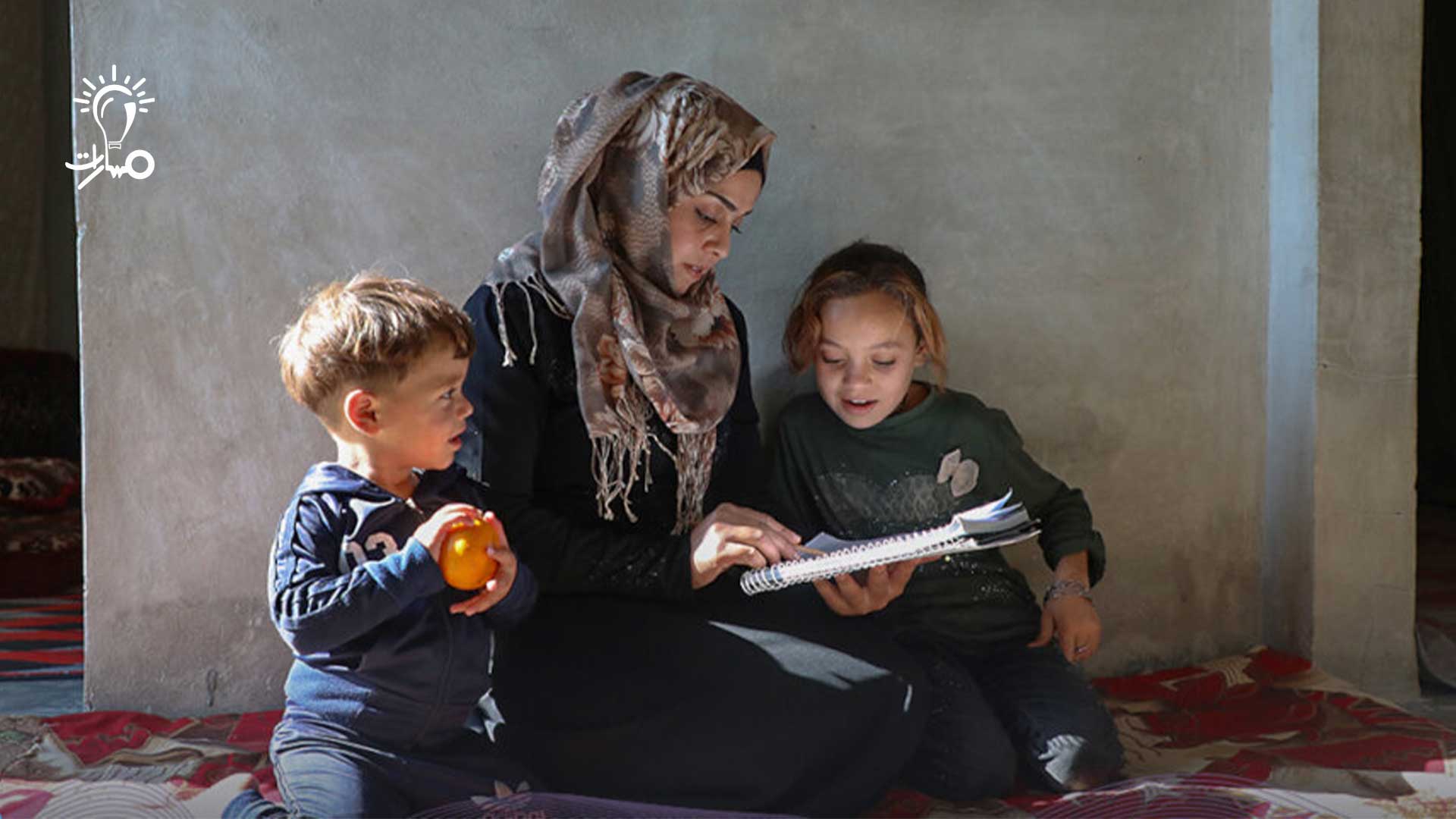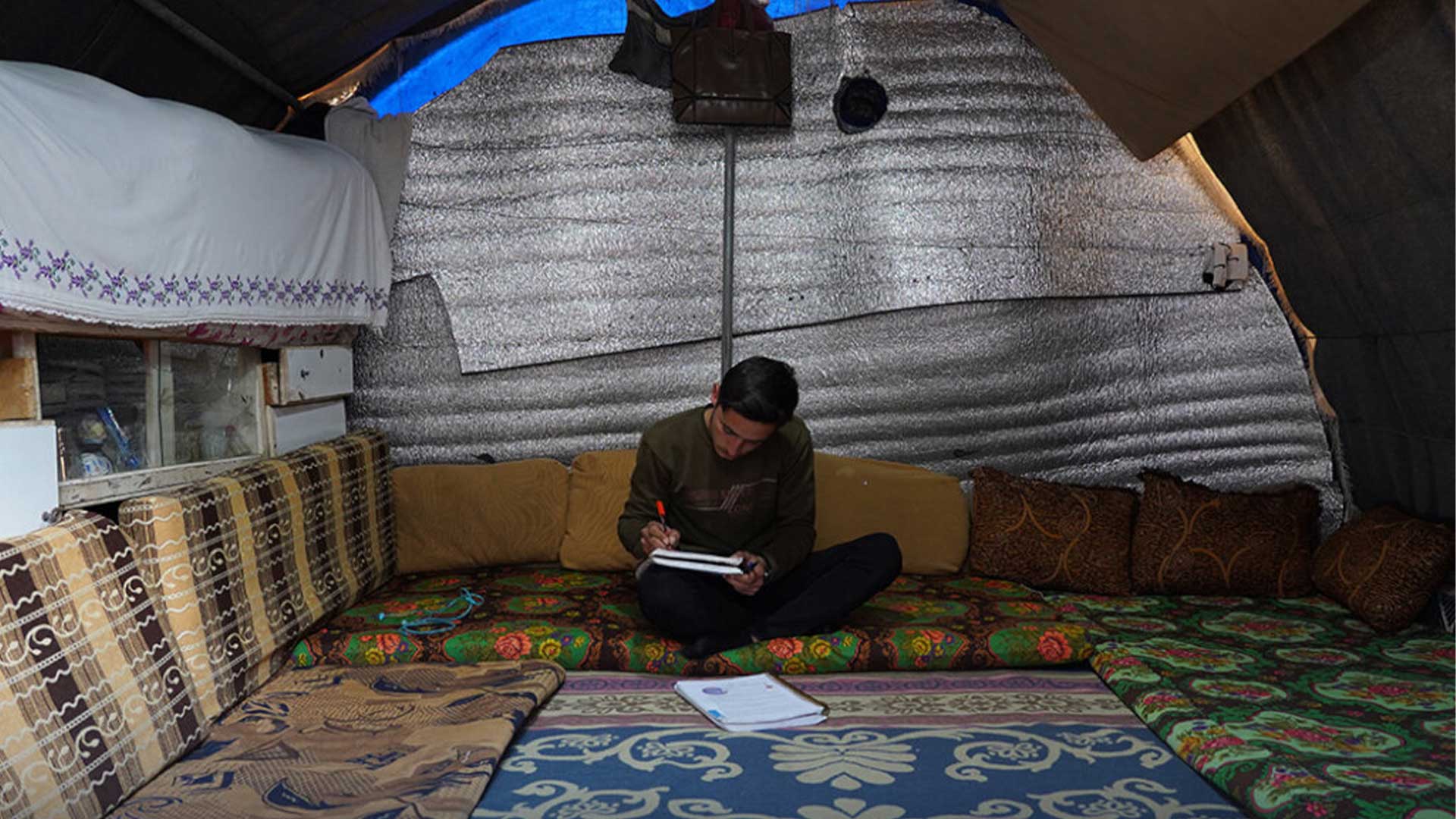Many overlook the profound secrets hidden within themselves and how happiness biologically affects their bodies. Happiness, a puzzle that has captivated philosophers and scientists for centuries, is now understood through modern research to be influenced by certain hormones that enhance feelings of joy. Current studies illustrate the role these hormones play in enriching our human experience with happiness.
This article discusses the hidden key to happiness in human life, what the hormones responsible for happiness are, and how to stimulate them.
Happiness Hormones: Dopamine and Endorphins
Happiness hormones, particularly dopamine and endorphins, play a crucial role in stimulating feelings of satisfaction and pleasure within the human body.
Dopamine:
Also known as the “reward hormone,” primarily regulates the feeling of pleasure and happiness. This hormone is released as a natural response to experiences considered rewarding or satisfying, encouraging the continuation of behaviors leading to such positive experiences.
Endorphins:
This hormone has the amazing ability to alleviate pain and induce a sense of well-being. It is naturally secreted during physical stress or strain, like after intense physical activity or even during laughter. In this way, endorphins help the body overcome stress and pain while simultaneously promoting a general sense of happiness and satisfaction.
These hormones operate as part of a complex system within the body that encourages behaviors and activities contributing to overall well-being and happiness, making them vital components in achieving a healthy emotional and physical balance.
Donation and Happiness: The Positive Cycle of Giving
It’s wonderful to realize how helping others and giving can truly make our hearts swell with joy. When we donate or assist someone, we’re not just performing a charitable act; in fact, we’re immersing ourselves in happiness.
Imagine having a happiness button inside us, and each time we help others, we press this button. The secret lies in our brain starting to release substances that make us feel happy, such as dopamine and endorphins. This means we can spread goodness and feel happiness simultaneously.
Numerous studies have confirmed the multiple benefits of engaging in charitable acts and donations, indicating that these actions not only help others but also improve the quality of life for the doers themselves.
The Psychological and Physical Impact of Giving
Psychologically, a study published in “Psychological Science” showed that individuals who engage in charitable acts enjoy lower levels of stress and anxiety. Professor Stephen Post, author of “The Hidden Gifts of Helping,” explains how giving can lead to feelings of happiness and satisfaction, echoing the proverb, “It is more blessed to give than to receive.”
Physically, research has found that giving can have tangible effects such as lowering blood pressure and improving heart health. Dr. Hans Selye, one of the founders of stress theory, noted in his work that giving and volunteering could reduce stress and enhance physical well-being.
Moreover, research suggests that individuals who regularly engage in giving may enjoy a longer lifespan. In a study published in “American Journal of Public Health,” researchers found that people who provided social support to others had a lower mortality rate over the study period.
Through this evidence, it becomes clear that giving benefits not only the recipients but also the doers, reinforcing the idea that giving is a human act that elevates everyone involved.
Shared Happiness: The Impact of Giving on Society
When we share in giving, we create what might be called “shared happiness,” where the benefits of our charitable actions extend beyond improving our personal lives to include society as a whole. Giving generates a chain of positive effects that expand like waves in a pond, encouraging more people to engage in similar acts of generosity and assistance. For instance, Professor Robert Putnam, in his book “Bowling Alone,” discusses how giving and community participation boost social trust and connectivity among individuals, strengthening the social fabric.
Furthermore, research shows that giving can stimulate positive change and promote values of equality and mutual support. When community members witness acts of kindness, they are more inclined to offer help and participate themselves, creating a positive cycle of giving and gratitude.
Therefore, giving can be a driving force for community improvement, encouraging individuals to look beyond their personal needs and work together toward a common goal. By fostering shared happiness, we contribute to creating a society thriving on hope, support, and solidarity.
In light of this, it becomes apparent how giving serves as a pivotal force not only in enhancing our personal lives but also in enriching our communities. Now, we stand at the threshold of a unique opportunity to turn these visions into tangible reality by sponsoring the education of orphan children through the support of initiatives like “Masarat,” aimed at disseminating knowledge remotely among Syrians, especially the most affected groups in society.
Each of us has a role to play, no matter how small, as every contribution is a beacon of hope in the life of a child yearning to learn and build a better future.








